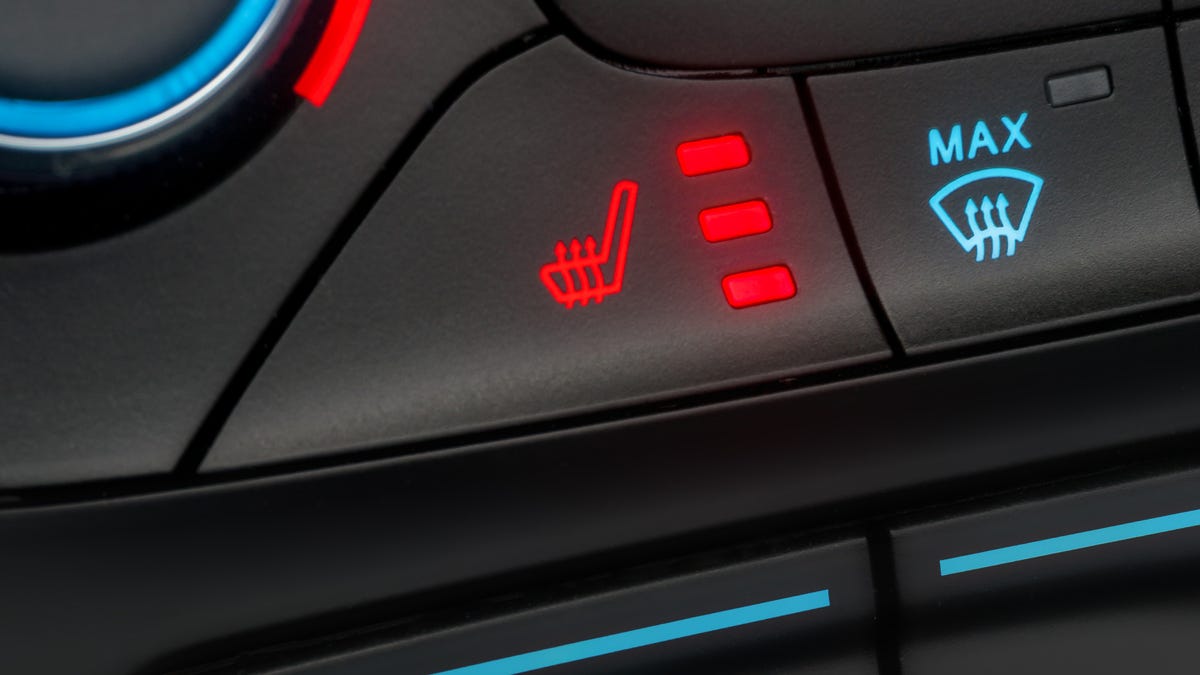New Jersey Bill Could Ban In-Car Subscriptions
If a vehicle offers a subscription that uses hardware already installed in the car, this bill could put the nix on it, lest an automaker earn hefty fines.
You may remember the brouhaha that broiled up after BMW first started offering subscriptions for features like heated seats -- outside the US, mind you. But if you don't, and the idea of paying more money for something already built into your car gets your own soup a-steamin', this proposed New Jersey bill, as reported by The Drive, could be right up your alley.
State legislators in New Jersey have proposed a bill that would, as its synopsis states, "[prohibit a] motor vehicle manufacturer or dealer from requiring subscription for certain motor vehicle features."
Now, that sounds mighty vague, but the bill goes on to more narrowly define what could be banned. The bill specifically calls out features that use "components and hardware already installed on the motor vehicle at the time or purchase or lease by the consumer," which would include something similar to BMW's pay-as-you-go heated-seat deal. In fact, heated seats receive a very specific call-out in the text.
The proposed legislation also refers to features that "would function after activation without ongoing expense to the dealer, manufacturer, or any third-party service provider." A heated seat would fall under this, as there is no backend cost to running what is essentially a heating coil. Something like Volkswagen's Car-Net or GM's OnStar, which are connected-car services that have back ends full of network technicians and other employees, would not run afoul of this bill. That's a good thing, considering most major manufacturers have something like this already.
Were this bill to be enacted as-is, any automaker who doesn't play by its rules would be subject to major fines. A first offense could land an offending party with a $10,000 fine, with subsequent offenses rising to $20,000. However, as the legislation remains a proposal for the time being, nothing will change until it's voted into law.


